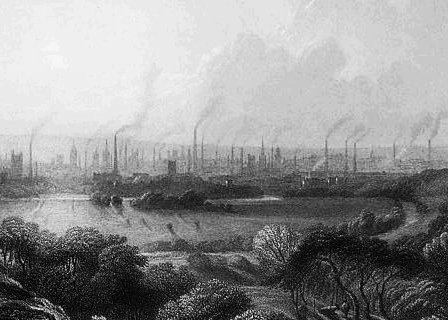Red
Well-Known Member
Good to see you admitting man made climate change is a thing. That’s more than Trump will ever admit. Even though he wants Greenland for its mineral resources, which will become more assessable as climate change melts the Greenland glacier. Almost as if he knows global warning is real….


